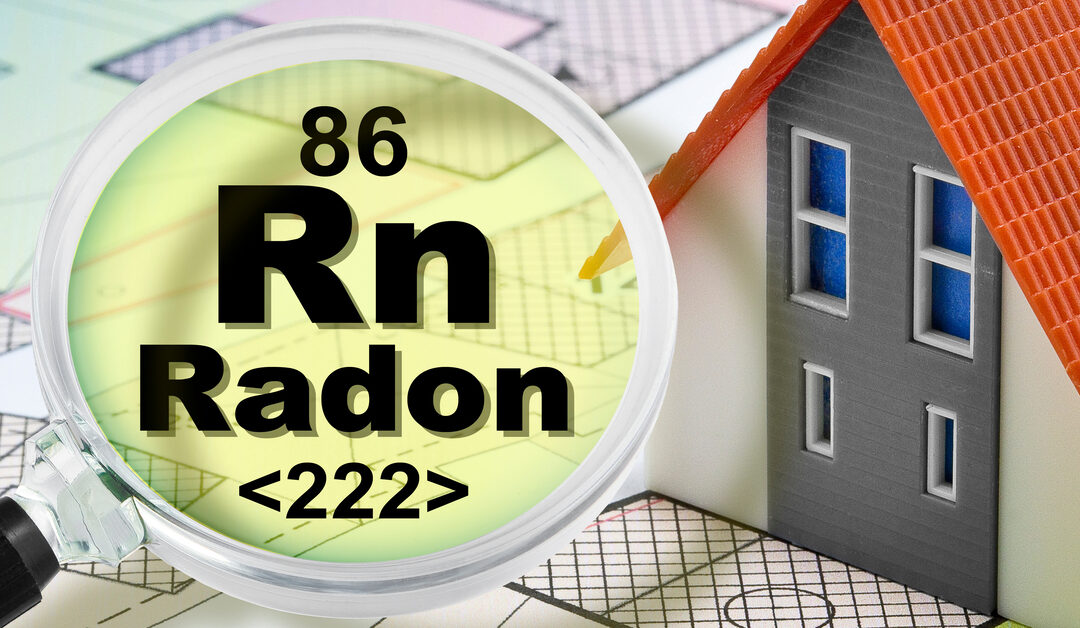
by Terry | Jul 15, 2024 | Blog
Radon is a silent intruder in many homes. This odorless and colorless gas can do lots of damage over time and even result in lung cancer, so homeowners should be aware of the risks. Today, Affordable Radon Services is here with five ways to protect your family from...
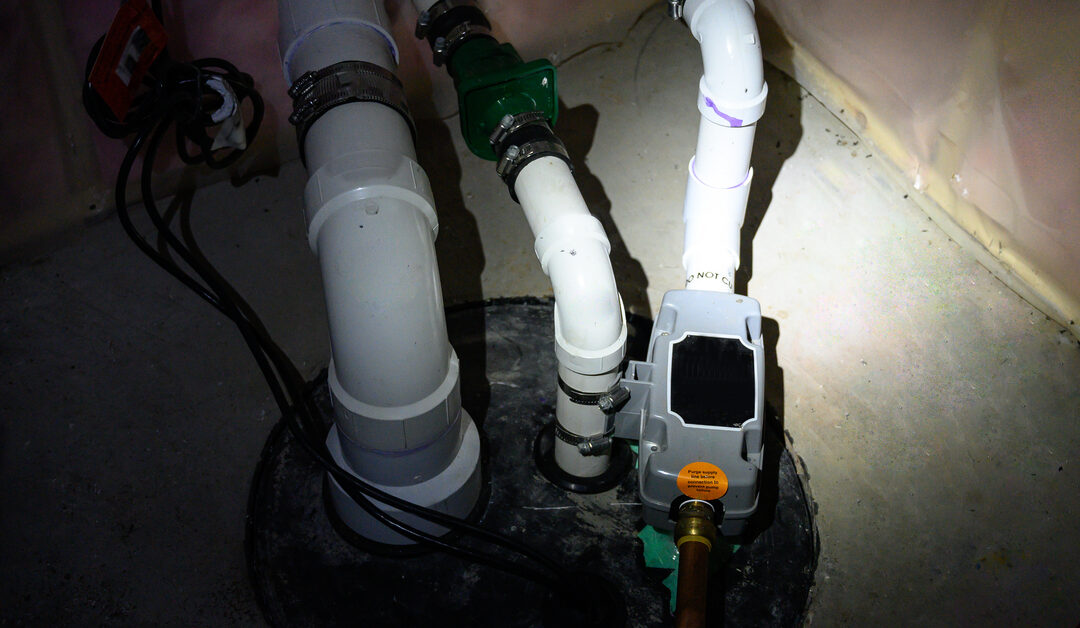
by Terry | Jun 26, 2024 | Blog
Sump pumps are vital for protecting your property from water damage and act as an invaluable part of radon mitigation in your homes. Having an efficient sump pump provides peace of mind to homeowners and renters alike. Affordable Radon Services is here with some of...
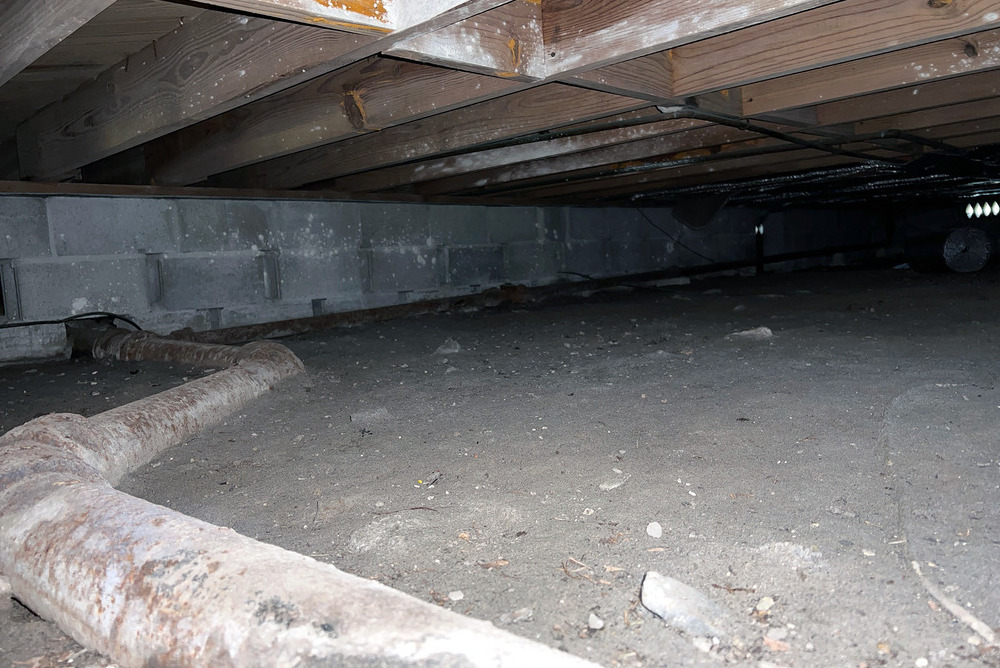
by Terry | Jun 7, 2024 | Blog
Maintaining your crawl space is essential for preserving your home’s structural integrity and overall health. Many people don’t think about this area, but neglecting it can lead to a bunch of problems that are a huge hassle to deal with. Affordable Radon Services is...
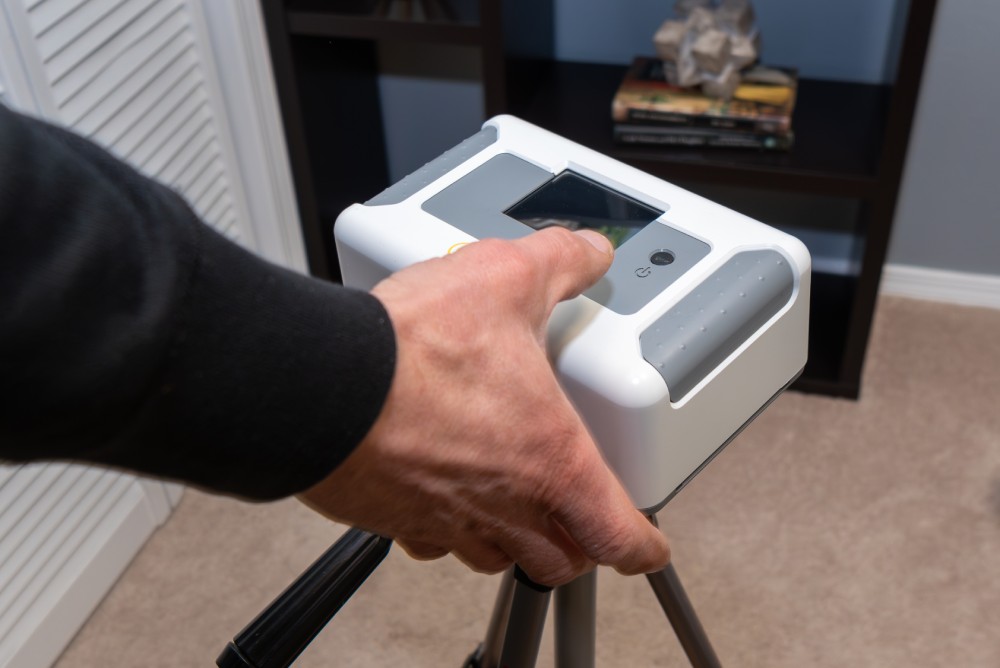
by Terry | May 23, 2024 | Blog
Radon gas is a silent hazard that can infiltrate homes, posing serious health risks to inhabitants. This colorless, odorless gas results from the natural breakdown of uranium in soil, water, and rock, seeping into buildings through cracks and openings in the...
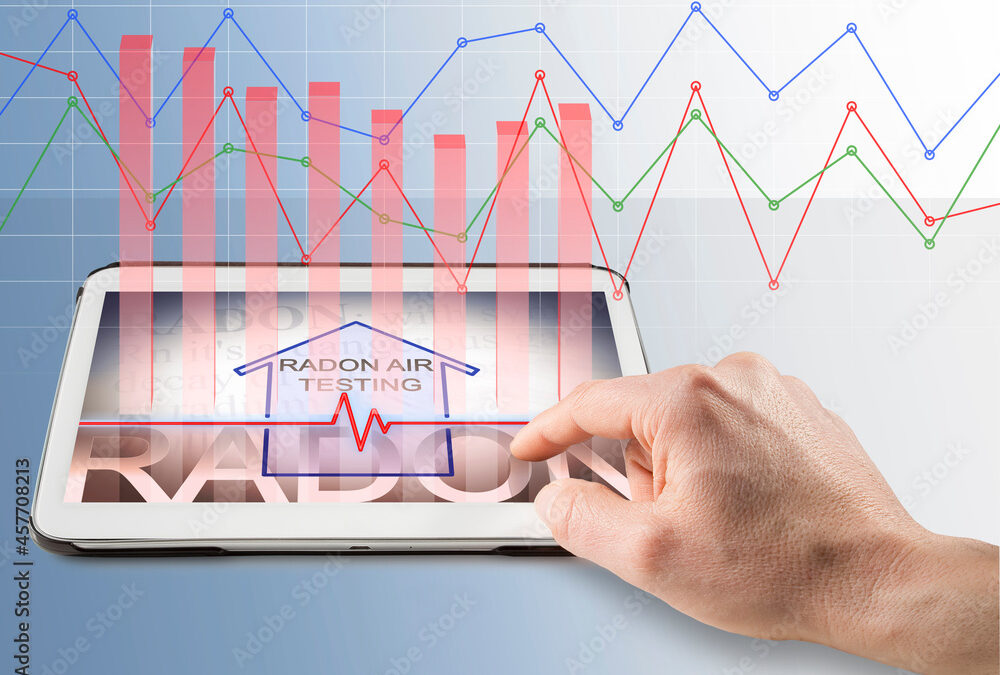
by Terry | May 9, 2024 | Blog
Radon is a naturally occurring radioactive gas that has become a significant concern for homeowners across the United States. Odorless, colorless, and tasteless, radon can infiltrate homes undetected, posing a long-term risk to the health and safety of residents....







Recent Comments